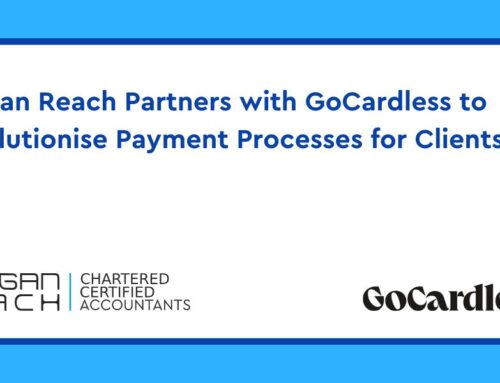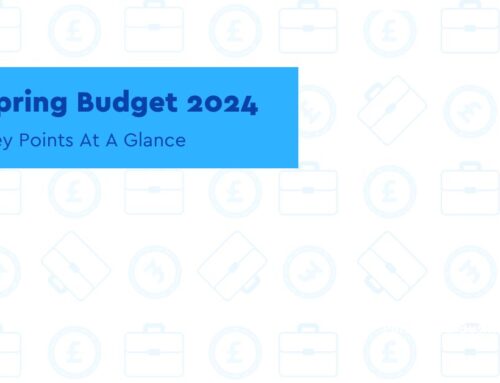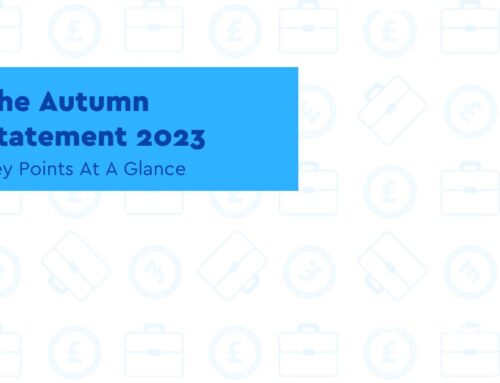Many changes take effect in April, which mean that some planning may be needed especially when finances are stretched by the COVID pandemic. In this article we cover some of the changes that take place during the month of April 2021.
Van Benefit Charge
- From 6th April 2021, the van benefit charge is reduced to zero for employees provided with vans that produce zero carbon emissions.
Capital allowances from 1st April 2021 – Cars
- A 100% first year allowance for cars will only be available for electric cars or cars with zero CO2 emissions which have been purchased new and unused.
- The 18% Writing Down Allowance (WDA) is only available on purchases of cars with CO2 emissions not exceeding 50g/km.
- Where a car is purchased and has CO2 emissions exceeding 50g/km, WDA will only be available at the special rate of 6%.
- The reduction in the emissions threshold to 50g/km will also apply to the 15% restriction for leased vehicles.
- Companies investing in qualifying plant and machinery can claim a 130% capital allowance deduction for £1 of qualifying expenditure.
VAT Returns
- From 9th April, HMRC will no longer accept VAT Returns using software that uses extensible Mark-up Language (XML) to make the submission.
- Check with your software supplier.
Stamp Duty Land Tax (SDLT)
- A 2% SDLT surcharge for the purchase of residential property by non-UK residents, comes into play from 1st April 2021.
Research & Development (R&D)
- A cap on the amount of the payable R&D tax credit for SMEs comes into force for accounting periods beginning on or after 1st April 2021.
- The cap limits the amount of R&D tax credit to £20,000 plus 300% of its total PAYE and national insurance contributions.
- Note – the cap does not apply to those companies who:
- Have employees creating, preparing to create or, managing intellectual property and
- Do not spend more than 15% of their qualifying R&D expenditure on subcontracting R&D to, or the provision of externally provided workers by, connected persons.
Optional Remuneration Arrangements (ORA)
- The transition period ends on 5th April 2021 for ORA made pre 6th April 2017 for cars with CO2 emissions above 75g/km, accommodation and school fees.
- This means that the modified ‘cash equivalent’ rules apply when calculating benefit in kind for the 2021/22 tax year onwards.
Off Payroll Working (OPW) for the Private Sector
- OPW for the private sector finally comes into force from 6th April 2021.
- This can have significant ramifications for:
- ‘Large’ businesses who deal directly or indirectly (e.g. via an agency) with a Personal Services Company (PSC).
- The agency/cies between the PSC and the ‘Large’ business.
- The PSC.
Employing Veterans from the Armed Forces
- From 6th April 2021, employers of veterans will be entitled to a 12-month exemption from secondary National Insurance Contributions (employers NIC) for the first year of civilian employment.
- It only applies to earnings between the secondary threshold and the upper secondary threshold.
- For the 2021/22 tax year it will be a manual retrospective claim at the end of the tax year.
- Initially this 12-month exemption will be available until 5th April 2024.
National Minimum Wage (NMW)
- Don’t forget the NMW goes up from 1st April 2021.
Worker 25 years + £8.91 per hour Worker 21 – 24 £8.36 per hour Worker 18 – 20 £6.56 per hour Worker under 18 £4.62 per hour Apprentice £4.30 per hour
Contact Morgan Reach today
At Morgan Reach, Our tax experts can provide the clarity you are seeking. We can review or might be able to reduce your tax bill if you fear you are paying too much tax and can use our considerable experience to help you benefit from approved tax planning strategies. Get in touch with us today by completing the form on our website or by sending an email to info@morganreach.com.







